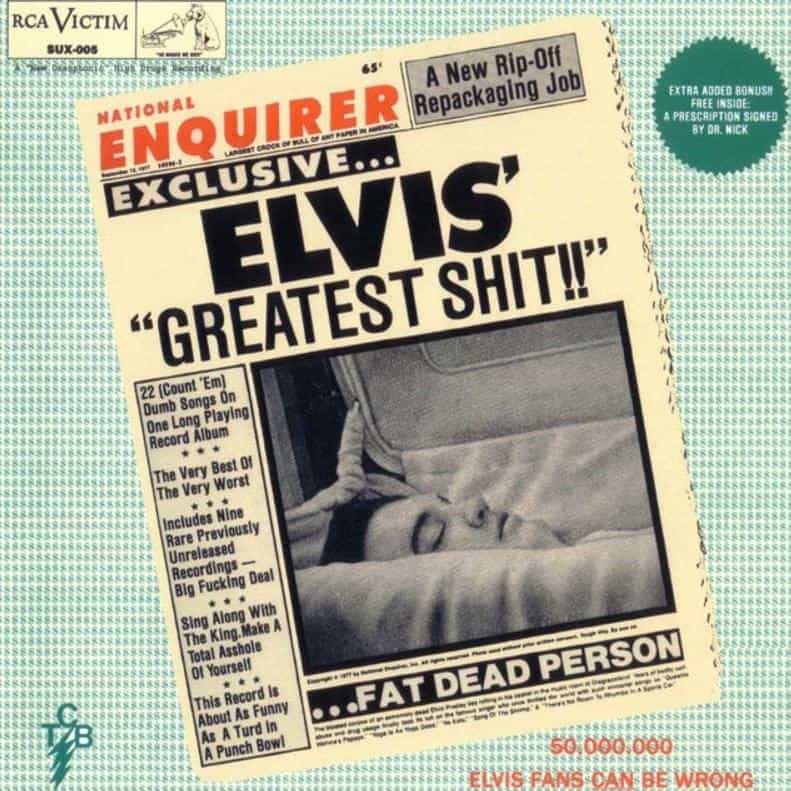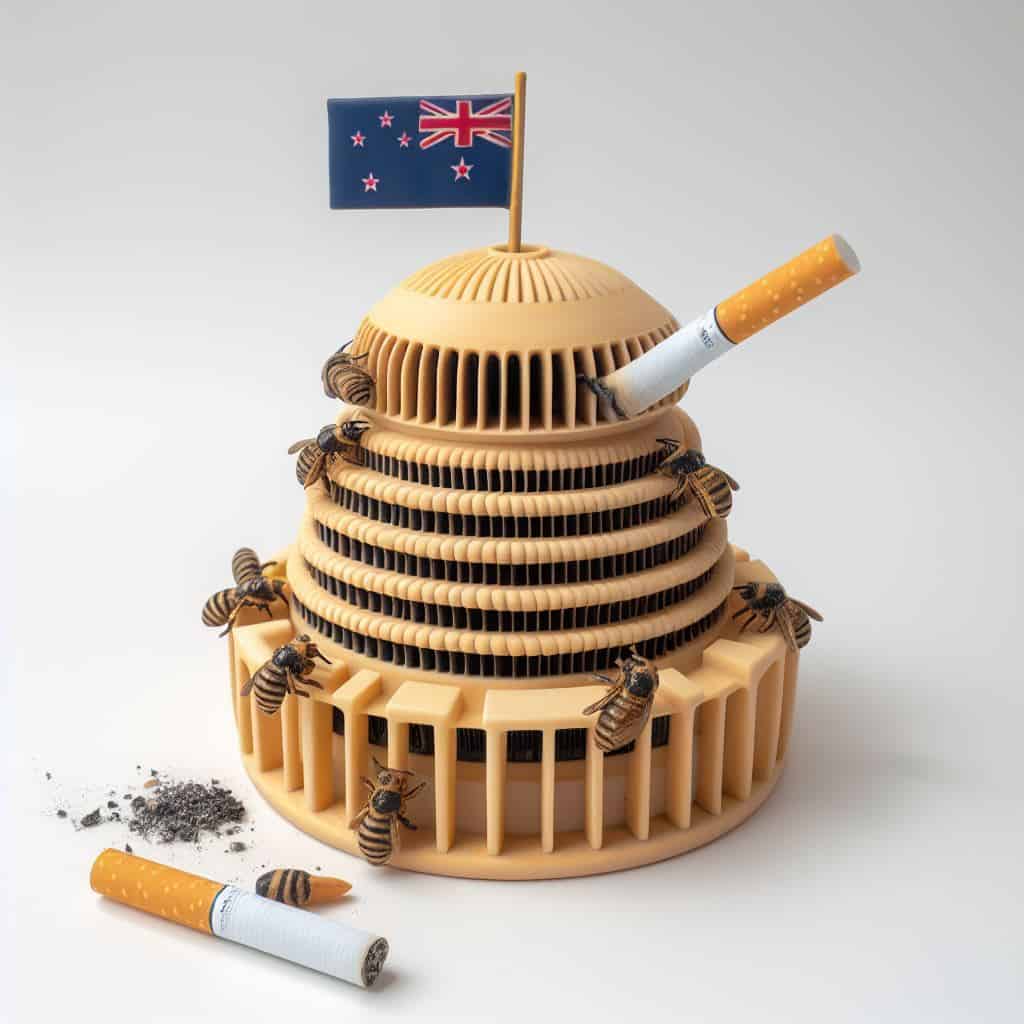Despite price-gouging by supermarkets and other large players, the Commerce Commission has done bugger-all about it. PAT PILCHER reports.
Something rotten is going on in New Zealand right now. All the finger-pointing, yelling, screaming, and hair-pulling from political pundits and media is confusing everyone. Here’s the thing. You don’t have to go very far to see that some things in New Zealand are not just dysfunctional but are utterly broken. Incredibly, the people charged with preventing this seem to be asleep at the wheel.
Would you like to support our mission to bring intelligence, insight and great writing to entertainment journalism? Help to pay for the coffee that keeps our brains working and fingers typing just for you. Witchdoctor, entertainment for grownups. Riveting writing on music, tech, hi-fi, music, film, TV and other cool stuff. Your one-off (or monthly) $5 or $10 donation will support Witchdoctor.co.nz. and help us keep producing quality content. It’s really easy to donate, just click the ‘Become a supporter’ button below.
Anyone doing renovations will tell you what a nightmare it was when it became easier to source weapons-grade plutonium than get Gib board. Filling up your car has become an exercise in fiscal pain. Then there’s the not-so-small matter of selling your firstborn so you can afford to feed what is left of your family. When a cauliflower commands a price greater than the GDP of Ghana, something is very wrong indeed.
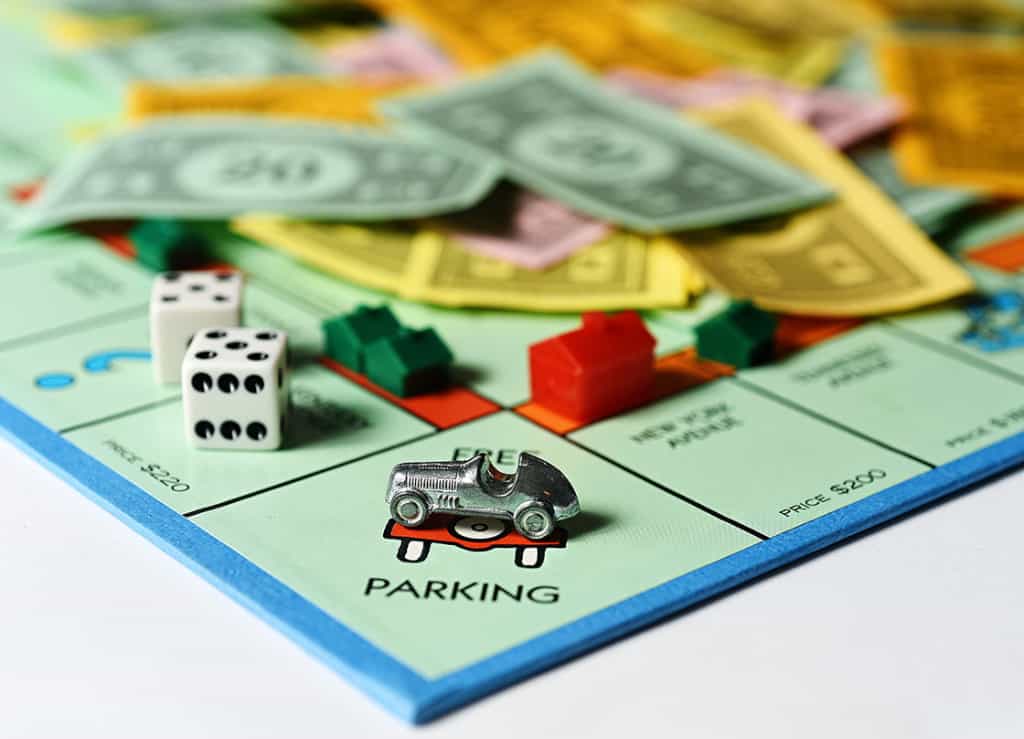 Instead of explaining why this is happening, asking obvious questions and doing some simple research, our media crank out opinion pieces, giving the usual pundits free reign to cast shade on whichever political party they don’t support. The media’s job is to inform the public with facts, not confuse them with plausible-sounding but ultimately vacuous opinions.
Instead of explaining why this is happening, asking obvious questions and doing some simple research, our media crank out opinion pieces, giving the usual pundits free reign to cast shade on whichever political party they don’t support. The media’s job is to inform the public with facts, not confuse them with plausible-sounding but ultimately vacuous opinions.
So, just how bad are things? The numbers don’t lie. Take our Supermarkets for example. Foodstuffs declared a before-tax profit of NZ$360,000,000. Woolworths followed them, declaring a bumper Profit of NZ$316,000,000. Then there are the electricity companies. Meridian’s net profit was NZ$664,000,000, Genesis Energy’s was NZ$221,000,000, while Mercury’s was NZ$800,000,000.
If you experienced a sharp pain in your wallet or purse at the fuel pump, that’s because Shell generated a whopping £11,000,000,000 profit! BP’s profit in the first quarter of 2022 was a staggering US$9,300,000,000. Gib might have been scarce, but that didn’t stop Fletchers from declaring a Net Profit After Tax of NZ$432 million, up 42% from last year’s NZ$305 million. Adding insult to injury, they also gave their CEO, Ross Taylor, a 34% pay rise, upping his salary to a whopping $6.58m.
Looking at these numbers, it isn’t hard to feel outraged as you pay through the nose only to fuel stratospheric corporate profits (which are hoovered out of NZ, tax-free to line the pockets of foreign shareholders). That these corporates often cite inflation as the driver of price rises is barely credible, but then you’d have to be gullible not to feel that these greedy bastards are profiteering and are simply taking the piss. Crappy corporate behaviour aside, blatant profiteering only paints half the picture.
If you look at New Zealand, much of our market is dominated by duopolies. These are typically markets where two large players (and a slew of smaller players) have settled into a state of equilibrium, making exceptionally large profits along the way. There’s no real competition. Why up-end the apple cart and put all those profits at risk? Our supermarkets are a prime example of this.
Could a smarter take be that the market regulator who is supposed to prevent duopolies and monopolies is asleep at the wheel? Taking a pot-shot at the Commerce Commission is all too easy, but their track record speaks volumes about a lack of useful action and the resulting economic and social impacts.
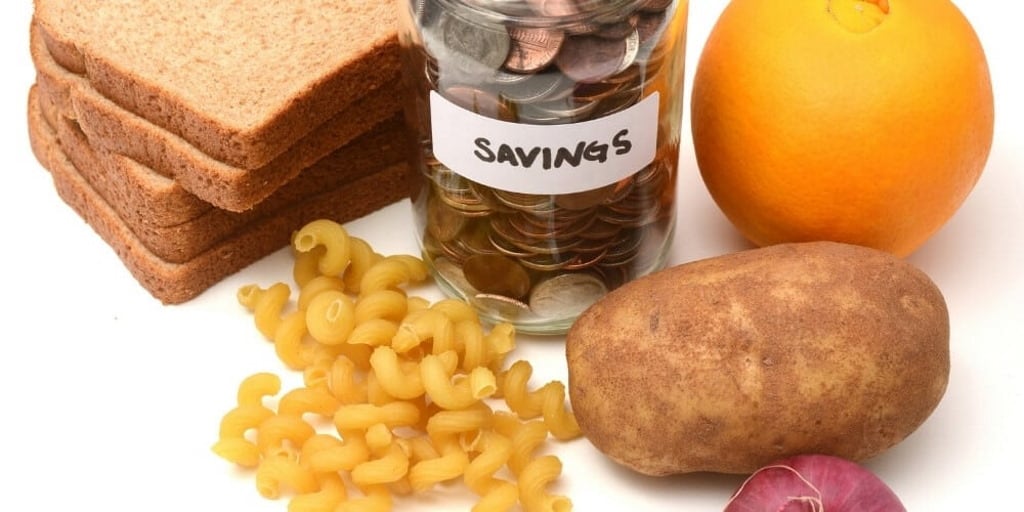 Monopoly Watch, a public policy analysis group, commented that their analysis of NZ’s supermarket sector shows it is not working for consumers or suppliers. They didn’t mince words, saying they “urge the ESG ratings agencies to try and behave like adults and consider the impact on the NZ supermarkets Social Contract in NZ, given their two decades of outrageous anti-competitive behaviours”. That’s two decades of the Commerce Commission sitting on their hands while you and I paid increasingly silly prices for groceries.
Monopoly Watch, a public policy analysis group, commented that their analysis of NZ’s supermarket sector shows it is not working for consumers or suppliers. They didn’t mince words, saying they “urge the ESG ratings agencies to try and behave like adults and consider the impact on the NZ supermarkets Social Contract in NZ, given their two decades of outrageous anti-competitive behaviours”. That’s two decades of the Commerce Commission sitting on their hands while you and I paid increasingly silly prices for groceries.
Each industry has its own characteristics. In the case of supermarkets, it isn’t just the barn-sized buildings that customers stroll through to part with far too much money for not very many groceries. There are also distribution centres and a host of other logistical cogs and gears.
That said, the supermarket situation illustrates the commerce commission’s lack of effective action. Restructuring supermarket players so there is more competition and affordable consumer goods is a massive task. Yet, little has been done by the Commerce Commission that is likely to offer any immediate benefits for New Zealand consumers for some time.
In March, the Commerce Commission chairperson, Anna Rawlings, said that after investigating supermarkets, “We have found that the intensity of competition between the major grocery retailers who dominate the market, Woolworths NZ and Foodstuffs, is muted and competitors wanting to enter or expand face significant challenges…”
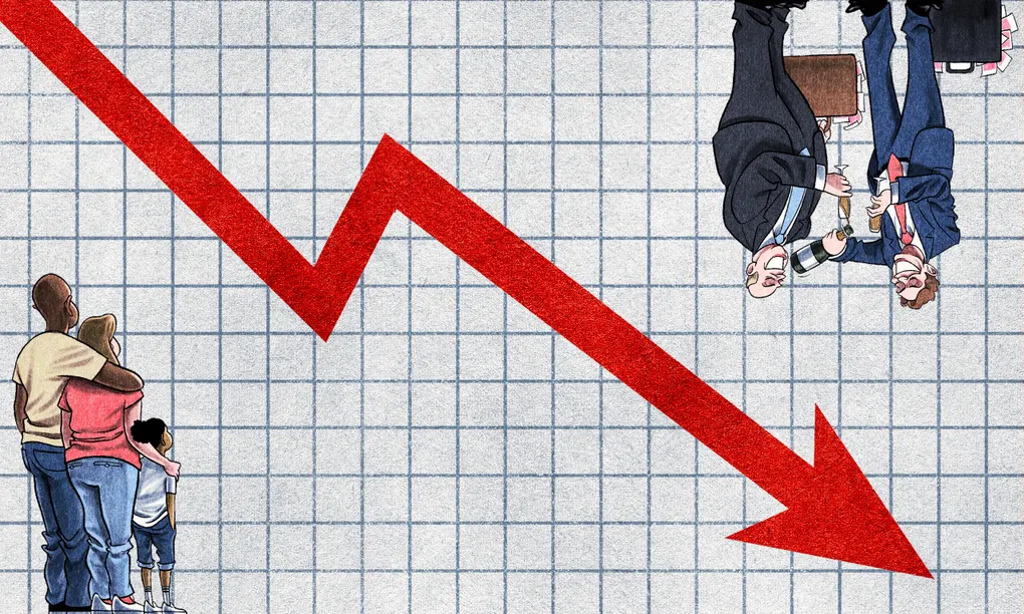 So, what did the walk-short and cardigan brigade do about it? Putting it simply, they did close to fuck-all. Even though there are competitors to both supermarket mega-vendors, they struggle to compete on price, product range or store locations. The barriers to prime retail locations, wholesale infrastructure and other obstacles are too big, and new supermarket players are staying away in droves.
So, what did the walk-short and cardigan brigade do about it? Putting it simply, they did close to fuck-all. Even though there are competitors to both supermarket mega-vendors, they struggle to compete on price, product range or store locations. The barriers to prime retail locations, wholesale infrastructure and other obstacles are too big, and new supermarket players are staying away in droves.
After much hype from Grant Robertson, German supermarket player Aldi confirmed in June that they have no plans to enter the NZ market. Who’d blame them? There’s little to no scope for growth in a market dominated by two large players and overseen by a toothless regulator.
The Commerce Commission recommended more land be made available so new grocery stores could be built. They say this would happen by changes being made to planning laws and banning land covenants. They also recommended that changes be made to the wholesale supply of groceries by requiring the two major retailers to consider any requests to supply competitors.
These recommendations might make some difference over the longer term, but right now, they’re about as effective as a cat-flap on a nuclear submarine. The supermarket duopoly will continue to exist, and competition will remain stifled. Smaller grocery players will remain marginalised, while new players stay well away. Changes to planning laws involve slow-moving (and often barely competent) local governments. Getting consistent changes to planning bylaws throughout New Zealand is likely to be an extremely long-winded and slow process. Requiring that the big players allow their wholesale arms to supply competitors relies on the goodwill of both supermarket players, who have already demonstrated to Kiwis that they have the morals of a dog on a croquet lawn. In short, little is going to be achieved any time soon. Meanwhile, grocery prices will continue to march beyond the stratosphere.
Would you like to support our mission to bring intelligence, insight and great writing to entertainment journalism? Help to pay for the coffee that keeps our brains working and fingers typing just for you. Witchdoctor, entertainment for grownups. Riveting writing on music, tech, hi-fi, music, film, TV and other cool stuff. Your one-off (or monthly) $5 or $10 donation will support Witchdoctor.co.nz. and help us keep producing quality content. It’s really easy to donate, just click the ‘Become a supporter’ button below.
What com-com didn’t do was break up both big supermarket players, forcing them to sell stores to create additional players. Doing this would create more competition, drive grocery prices down, reducing the cost of living.
Herein lies the rub. Breaking up monopolies or duopolies works. One only needs to look overseas to see this. In the early ’80s, the US government broke up telecommunications giant Bell Systems. It was structured into separate independent Regional Bell Operating Companies (RBOCs). Telecommunication costs plummeted, and as an additional side benefit, many of the innovations in the telco space we take for granted today happened.
Could the Commerce Commission need to grow a pair and take the scissors to Woolworths and Foodstuffs, Shell, BP, and Fletchers? Perhaps the Commerce Commission itself needs to be investigated.






